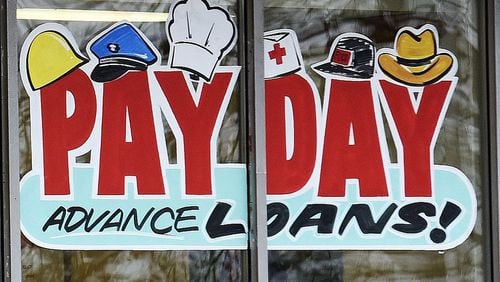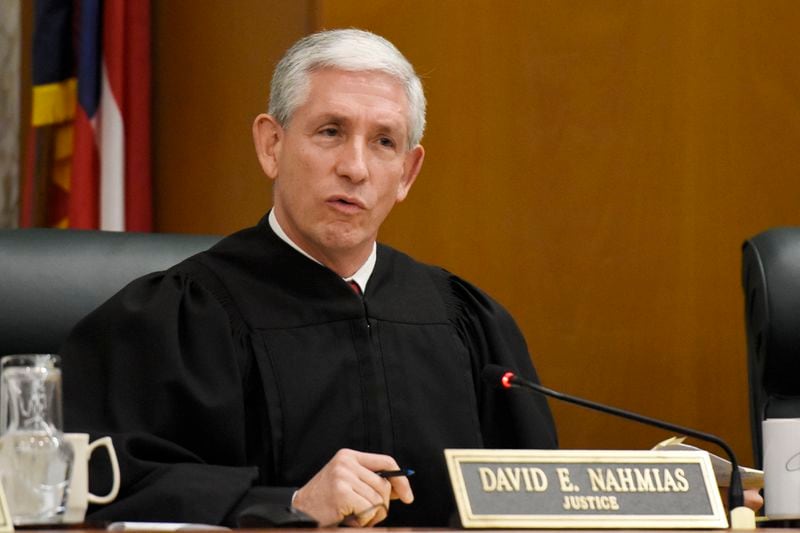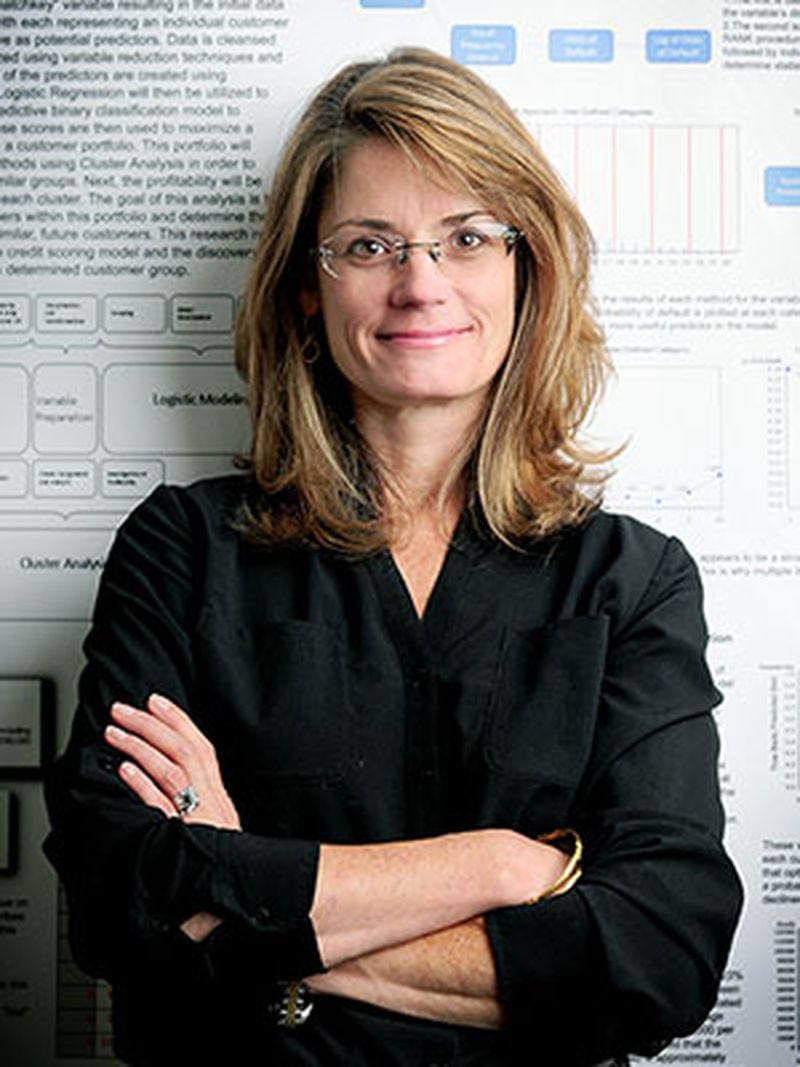A case heard by the Georgia Supreme Court on Monday could have profound implications for citizens seeking public records under the state’s sunshine laws.
The dispute is about whether a watchdog group may obtain correspondence between a Kennesaw State University professor and a payday lending group that commissioned the university to conduct a study. The group, which calls itself the Consumer Credit Research Foundation, publishes reports favorable to the industry.
The Board of Regents, which oversees the state’s university system, agreed that the communications should be released under the Open Records Act. But the research foundation filed suit to block its release to the Campaign for Accountability, a Washington-based nonprofit that contends the payday loan industry funds favorable academic studies to boost its bottom line.
Last year, the state Court of Appeals ruled in favor of the foundation, saying the Open Records Act “mandates the nondisclosure of certain excepted information.” (The Open Records Act contains roughly 50 exceptions.)
Russ Willard, a state attorney representing the Board of Regents, told the justices such a position could lead to absurd outcomes.
For example, the Attorney General’s Office often provides advice to constitutional officers such as the governor. Under the research foundation’s reading of the law, Gov. Nathan Deal would be prohibited from sharing that advice when requested to do so by a media outlet — even if the governor thought it was in the best interest of the state to do so, Willard said.
There are some exceptions to the act that prohibit the release of certain information, but there are many that leave it up to an agency’s discretion as to whether the requested information should be released, Willard said.
The Reporters Committee for Freedom of the Press, The Atlanta Journal-Constitution, the Georgia First Amendment Foundation and the Georgia Press Association asked the high court to approve release of the information.
In a legal brief filed with the court, the media coalition said the research foundation’s reading of the law would mean universities could not release research conducted by their faculty and law enforcement could not release body camera footage from a pending investigation. “The General Assembly clearly did not intend to impose such an illogical and draconian regime,” the coalition said.
Lawyer Mark Silver, who represents the research foundation, said a 1995 state Supreme Court decision barring the release of a couple’s confidential tax information means that all information that falls under the exceptions to the Open Records Act are barred as well.
But Justice David Nahmias didn’t seem to be buying that argument.
Turning to the plain language of the open records law, Nahmias asked, How can “shall not be required” to turn over information be interpreted to “shall be prohibited” from doing so? Agencies routinely release information that falls under the Open Records Act exceptions, “and nobody seems to be complaining about it now,” the justice said.
The payday lending study was conducted by Kennesaw State statistics and data science professor Jennifer Lewis Priestley with a $30,000 grant supplied by the research foundation. “I got no money out it it,” Priestley said Monday.
Priestley compared data of those who took out payday loans to their consumer credit scores. People who refinanced their loans had “marginally” better financial outcomes than consumers whose borrowing was limited to shorter periods of time, she said.
At the foundation’s request, Priestley wrote a paper about her study. Because she knew nothing about the payday loan industry, she asked the foundation to provide “color and context” on her findings. As for insinuations that her integrity was compromised, Priestley said, “The reality is completely the opposite.”









